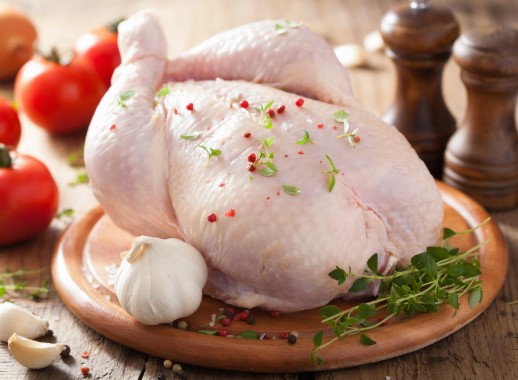Saudi Arabia postpones mandatory GAP certification for Thai chicken producers

What is GAP certification?
GAP (Good Agricultural Practices) is a system of standards aimed at improving the quality and safety of agricultural products. Certification to these standards involves compliance with certain norms during the production, storage and transportation of products. The introduction of such standards in Saudi Arabia meets consumer demands and ensures the high quality of imported goods.
Certification plans
After the temporary license expires in March 2026, all Thai businesses wishing to export chicken to Saudi Arabia will be required to register with the Saudi GAP system through the Ministry of Environment, Water and Agriculture (Mewa). This requirement is aimed at improving the safety and quality standards of meat entering the market.
Mewa also announced the launch of an online platform, Naama, which will allow poultry farms to apply for GAP certification directly. This move is expected to significantly simplify the certification process and make it more accessible for producers looking to enter export markets. Chicken
Exports from Thailand
According to the Ministry of Commerce, Thailand exported 227.93 tons of chicken products to Saudi Arabia in 2024. This indicates a strong demand for Thai chicken meat , which is valued for its quality and taste. As one of the leading chicken producers in the world, Thailand is actively developing export opportunities, and Saudi Arabia is one of the key destinations for Thai exporters.
Postponing the mandatory GAP certification for Thai chicken producers is an important step that will preserve and develop the export relationship between Thailand and Saudi Arabia. Allowing 11 certified enterprises to continue exporting until 2026 gives time to adapt and prepare for the new requirements. The introduction of online registration through the Naama platform can also be a great help for producers striving to meet high quality and safety standards. Ultimately, this decision can positively affect the development of the agricultural sectors of both countries, contributing to stronger trade ties and providing consumers with quality products.




























































